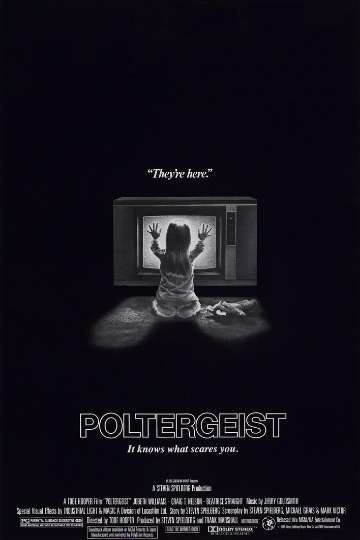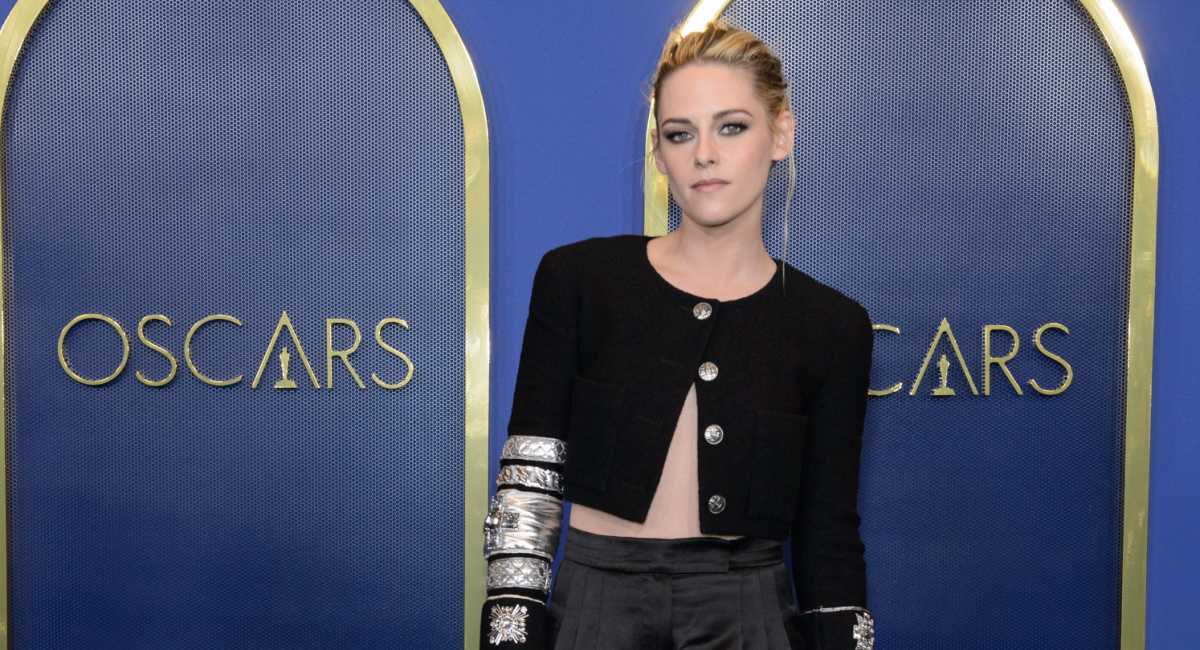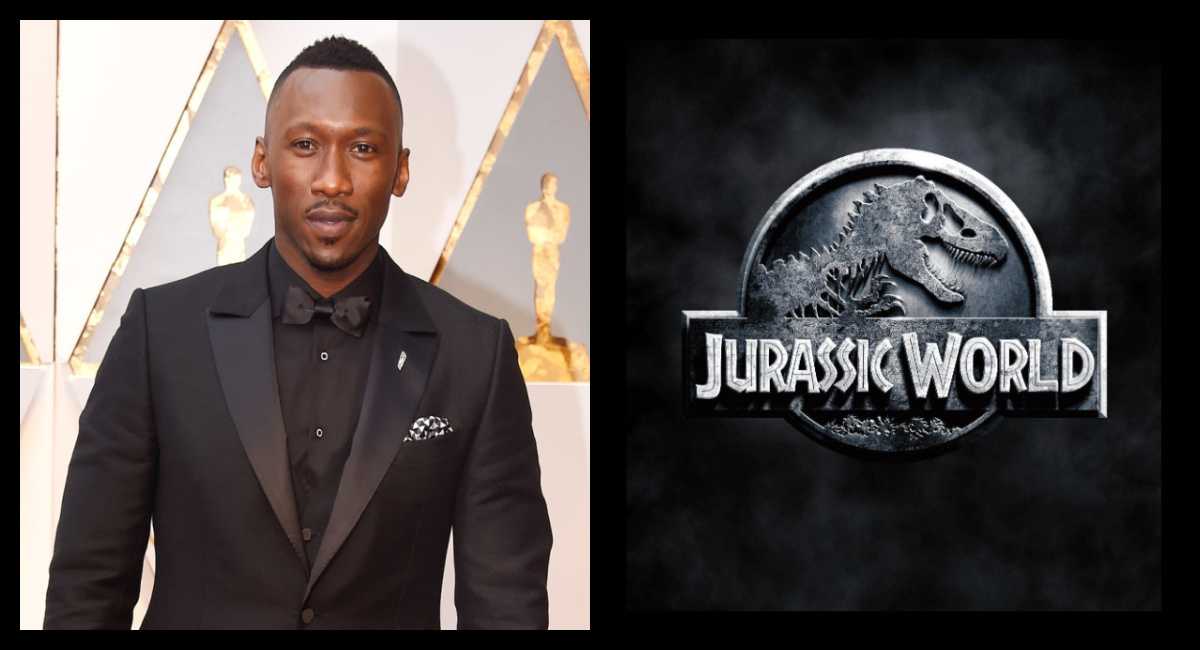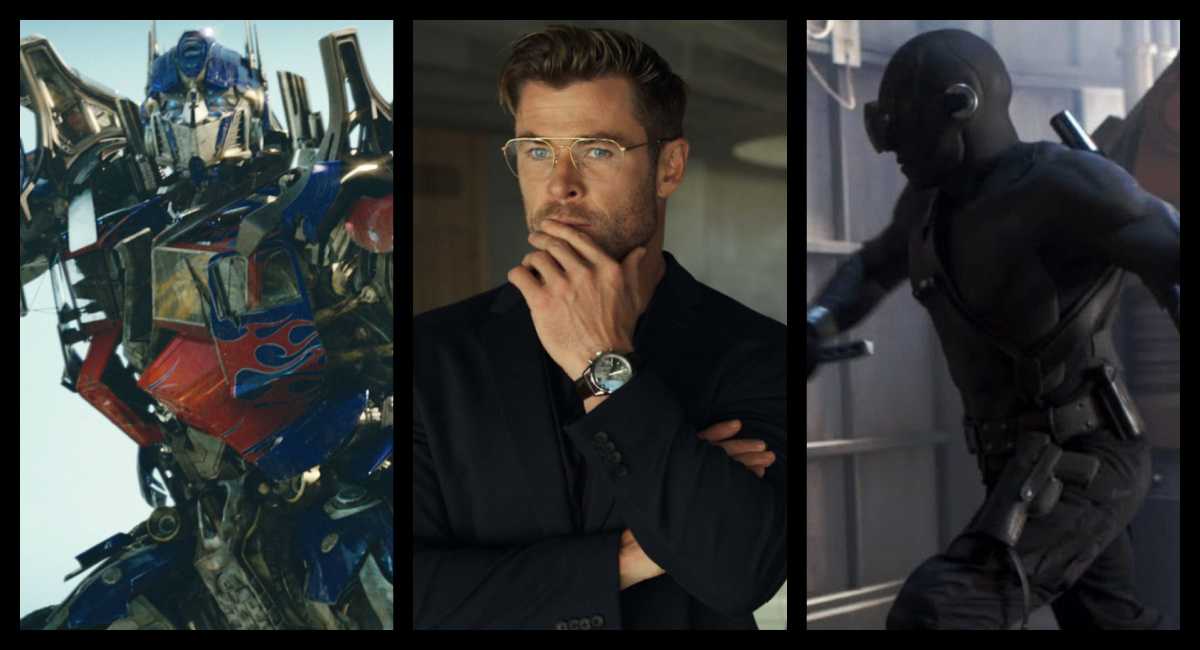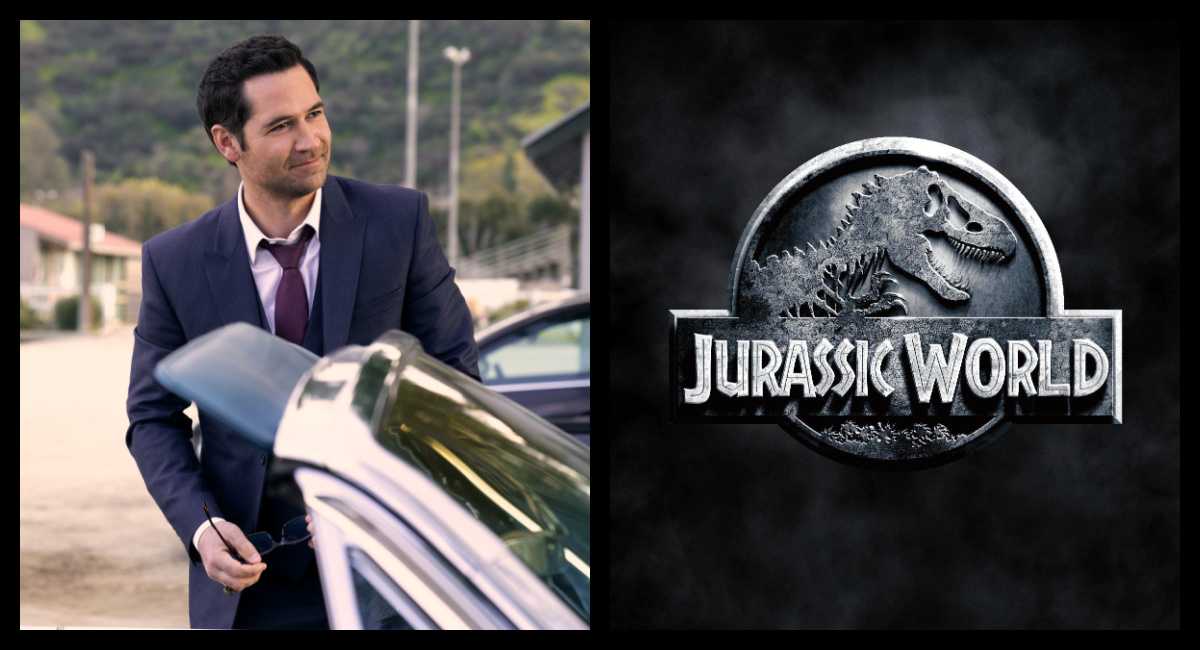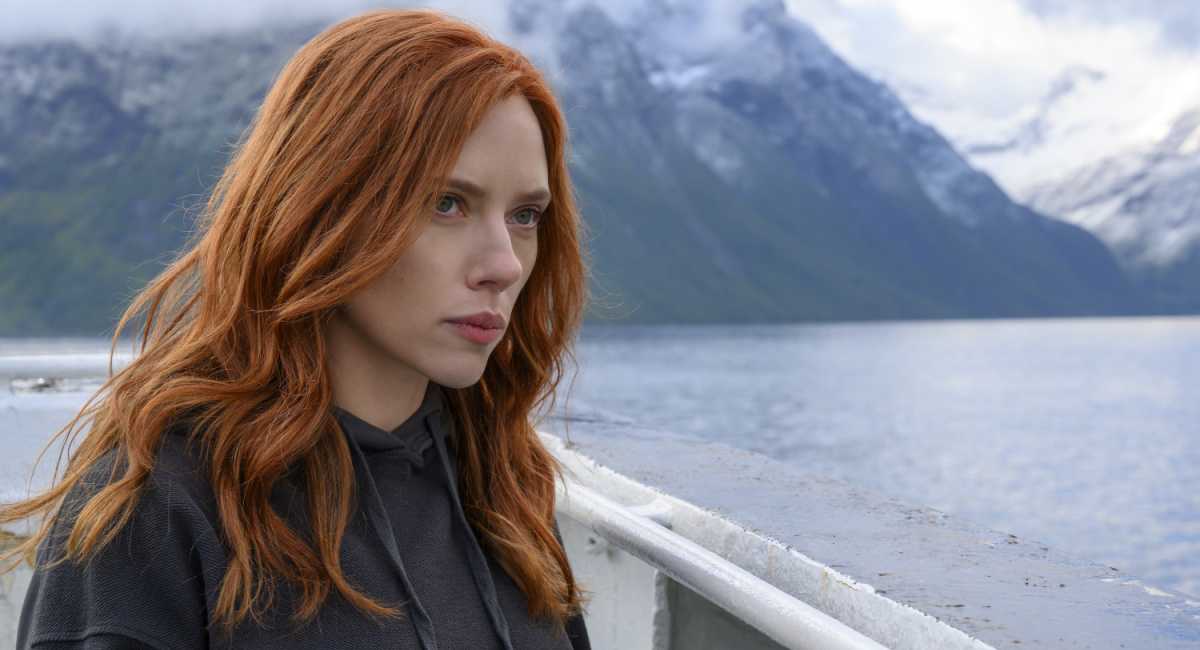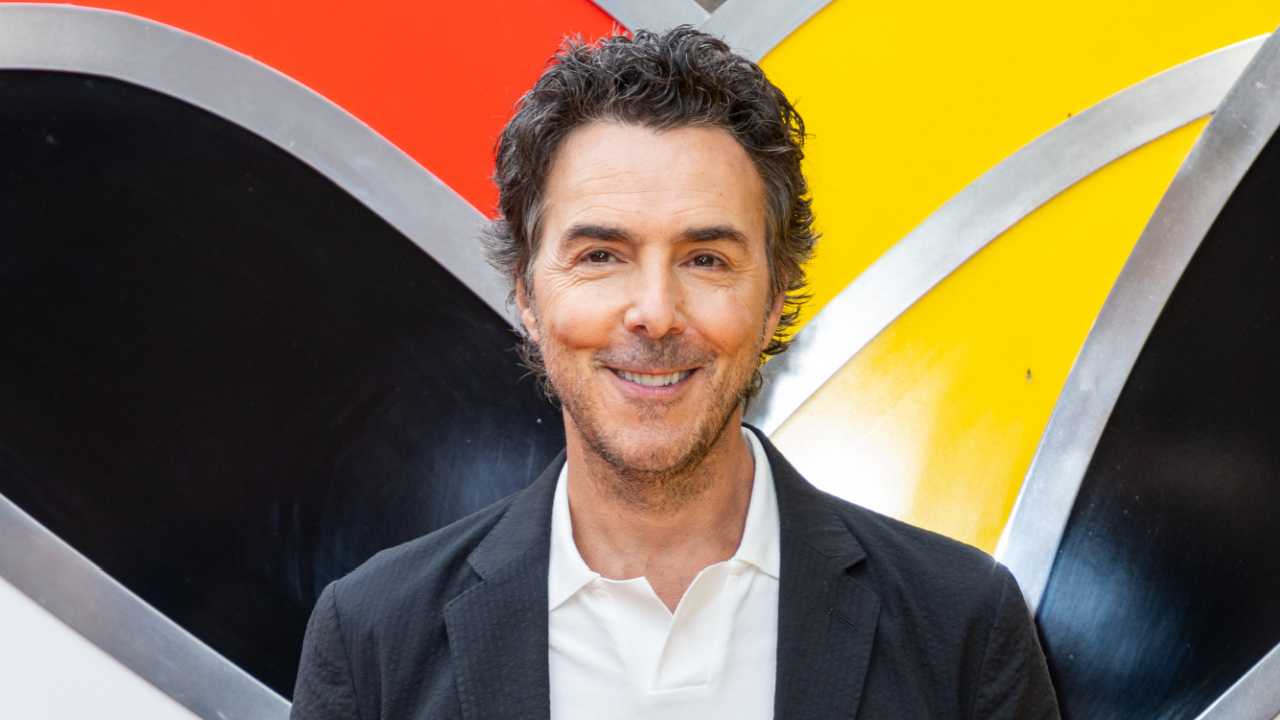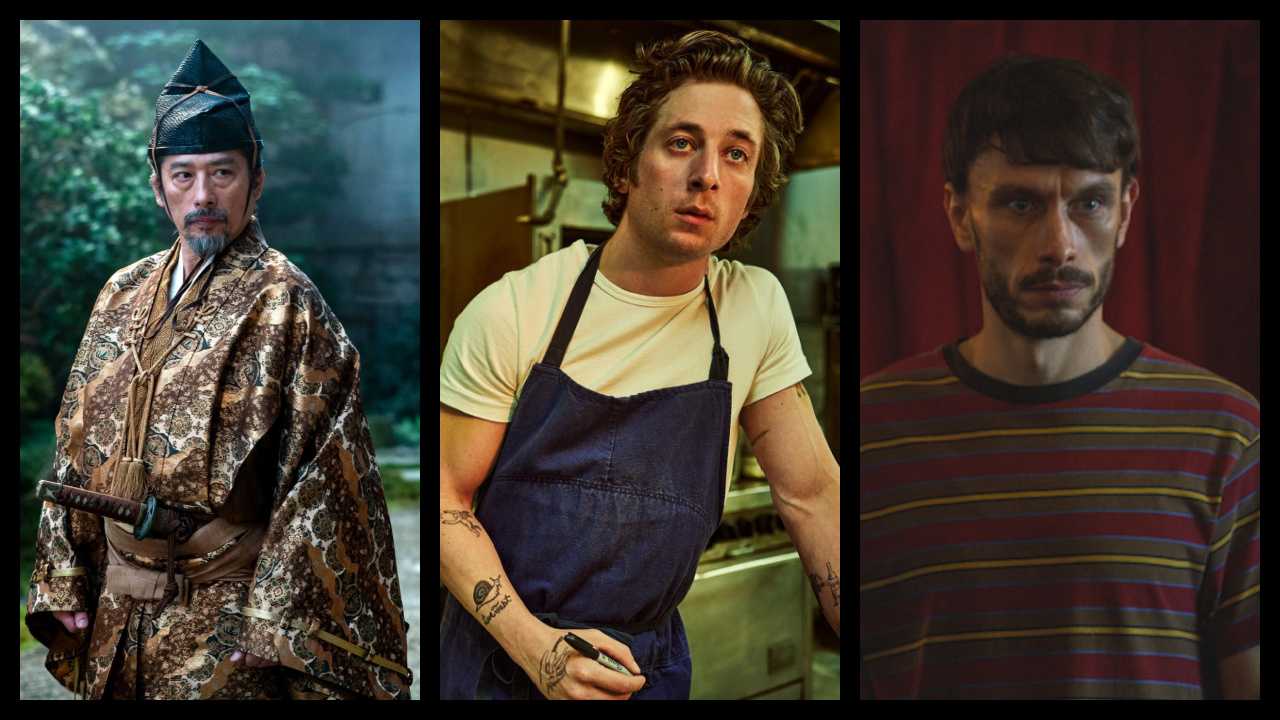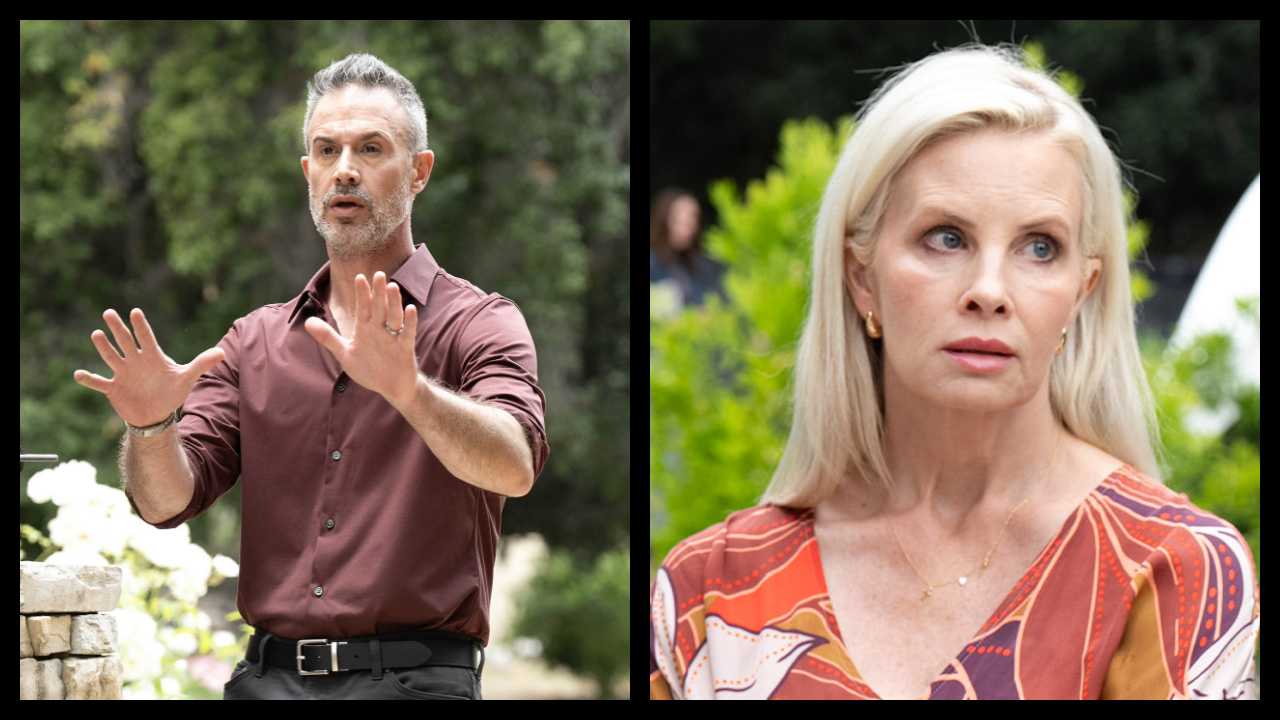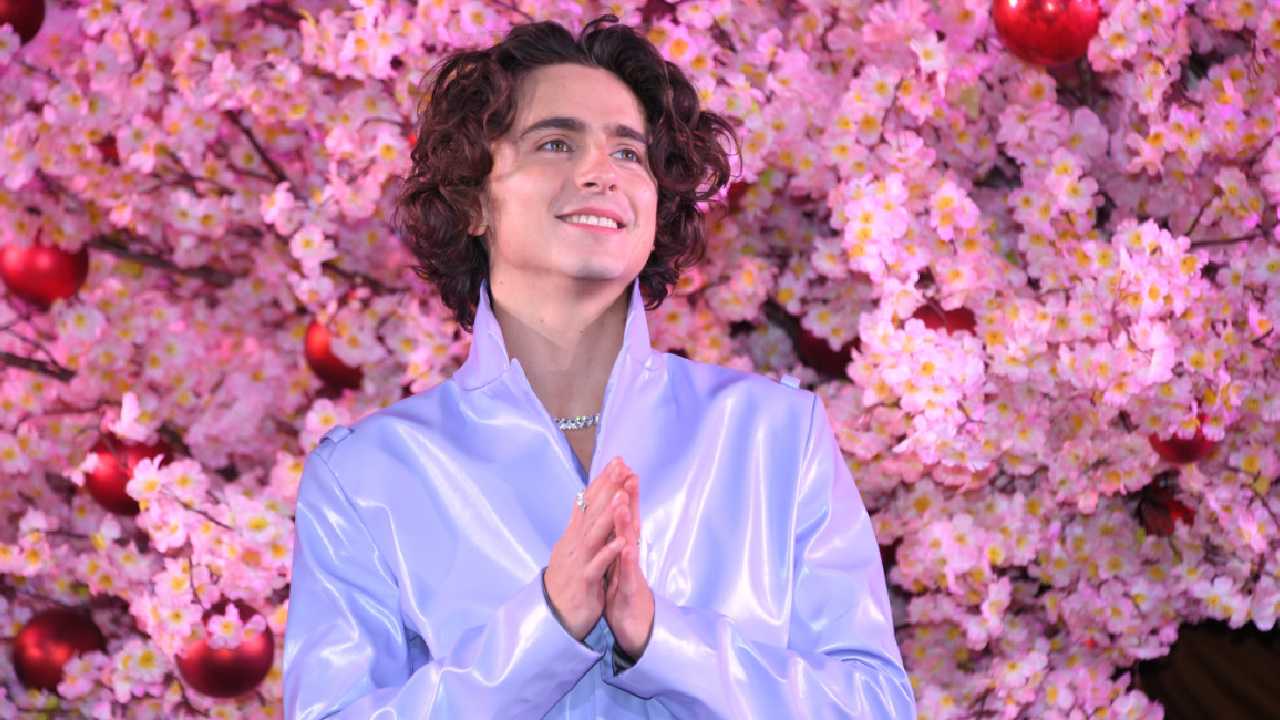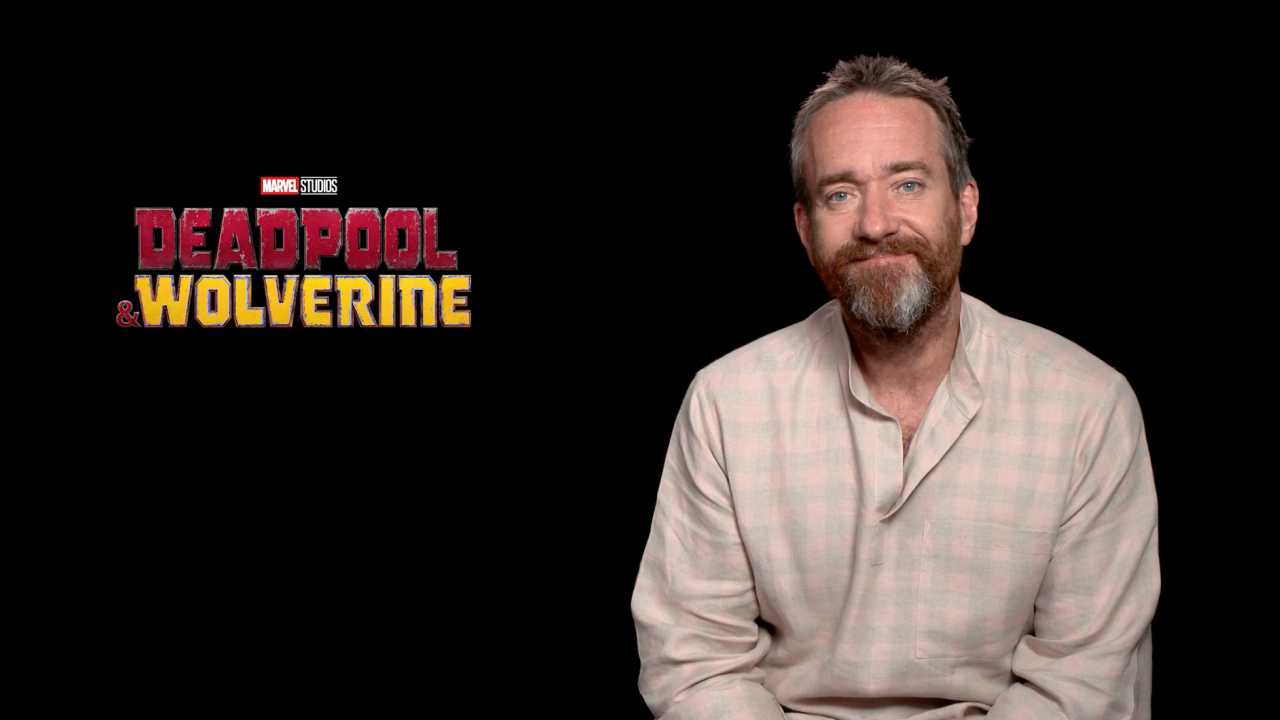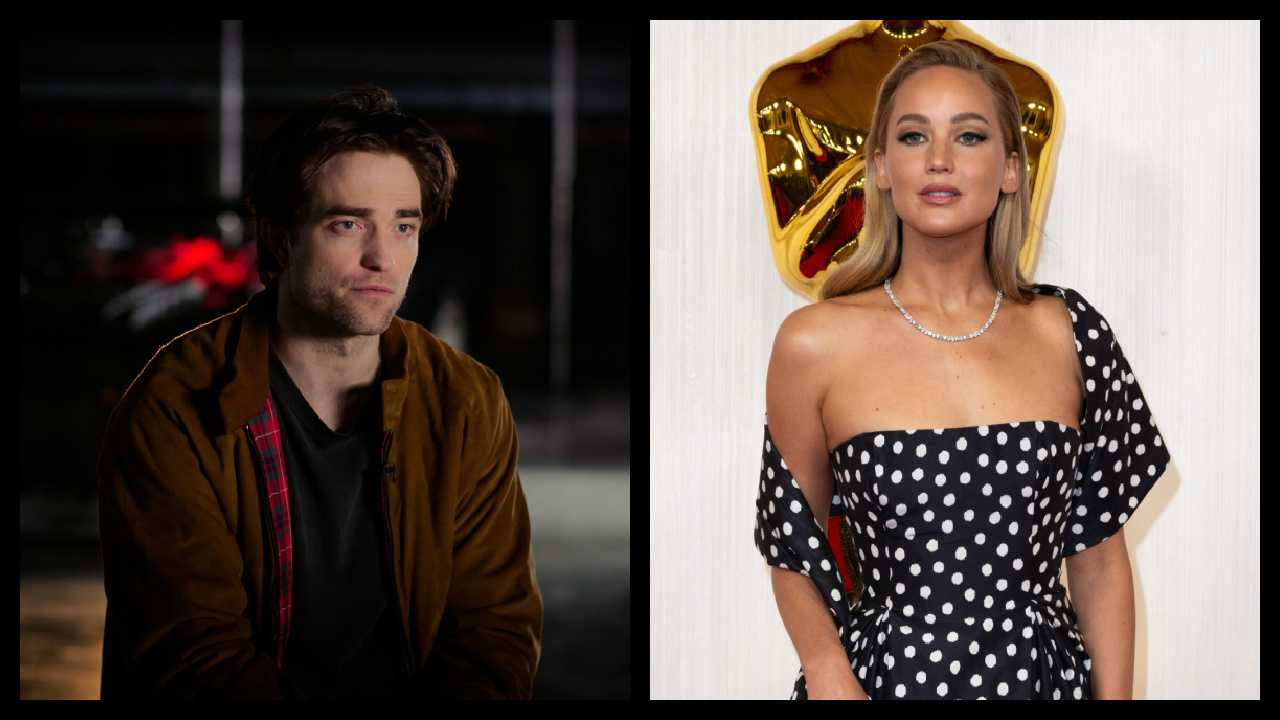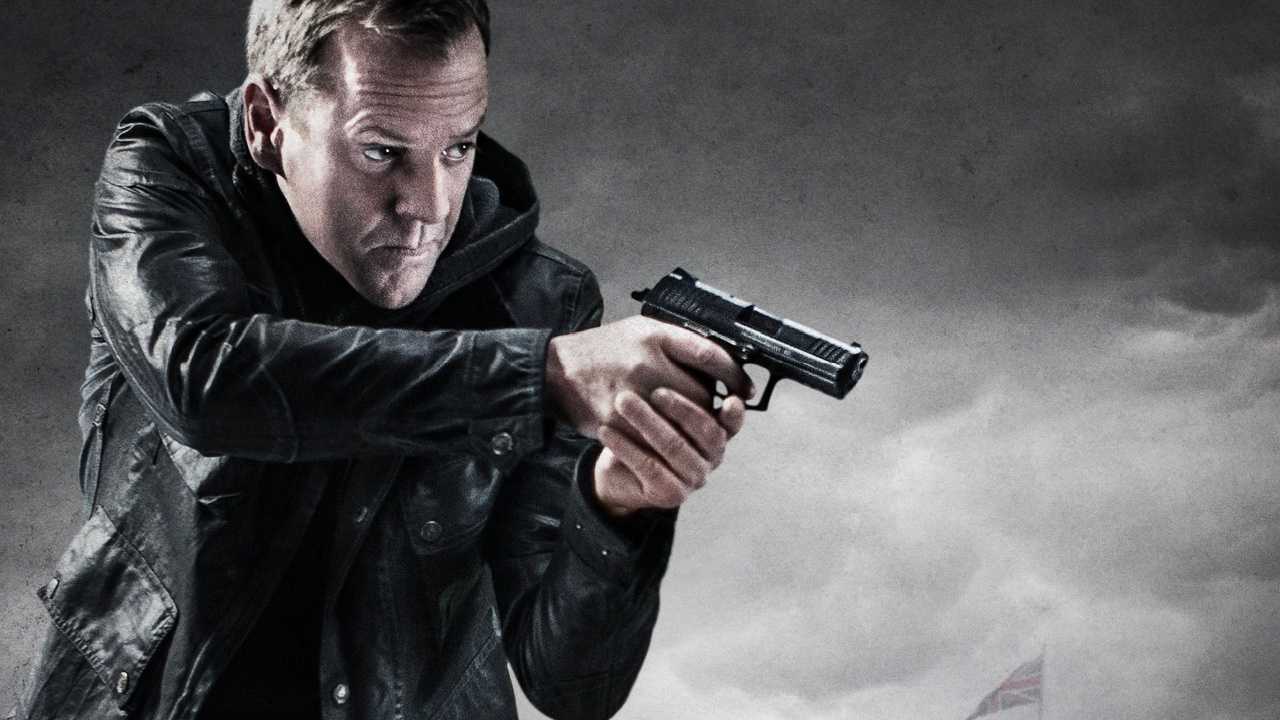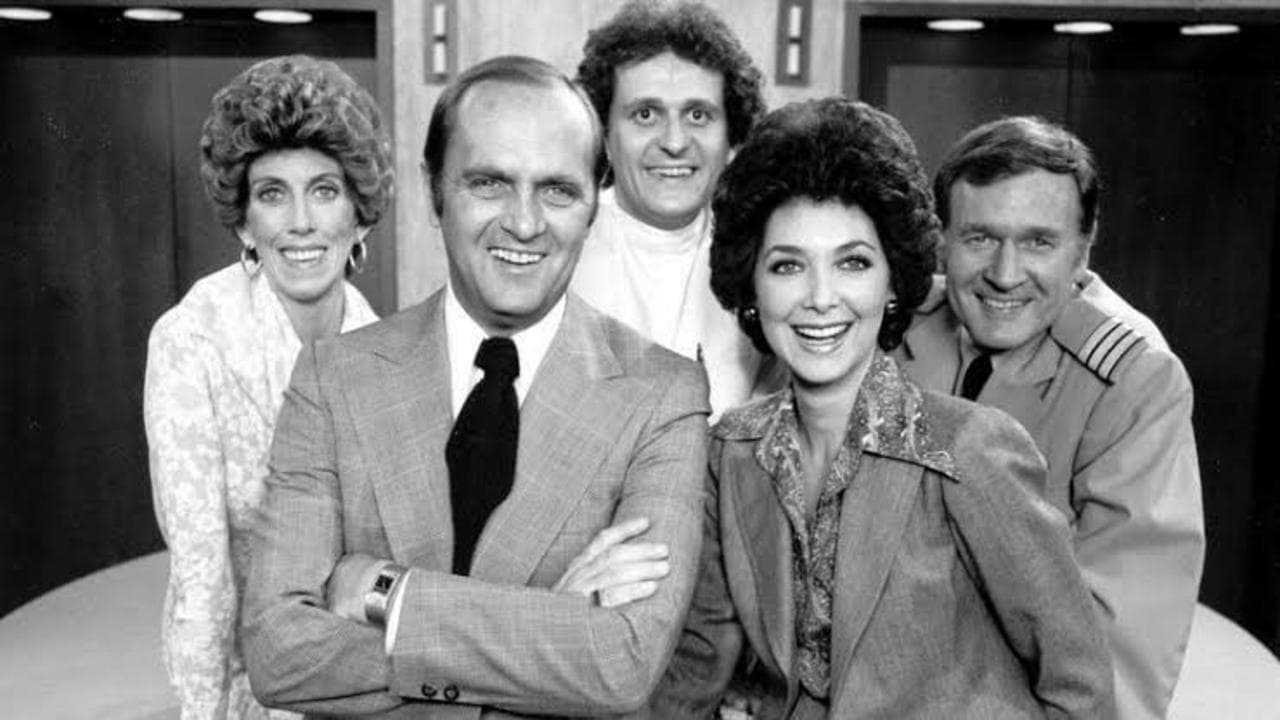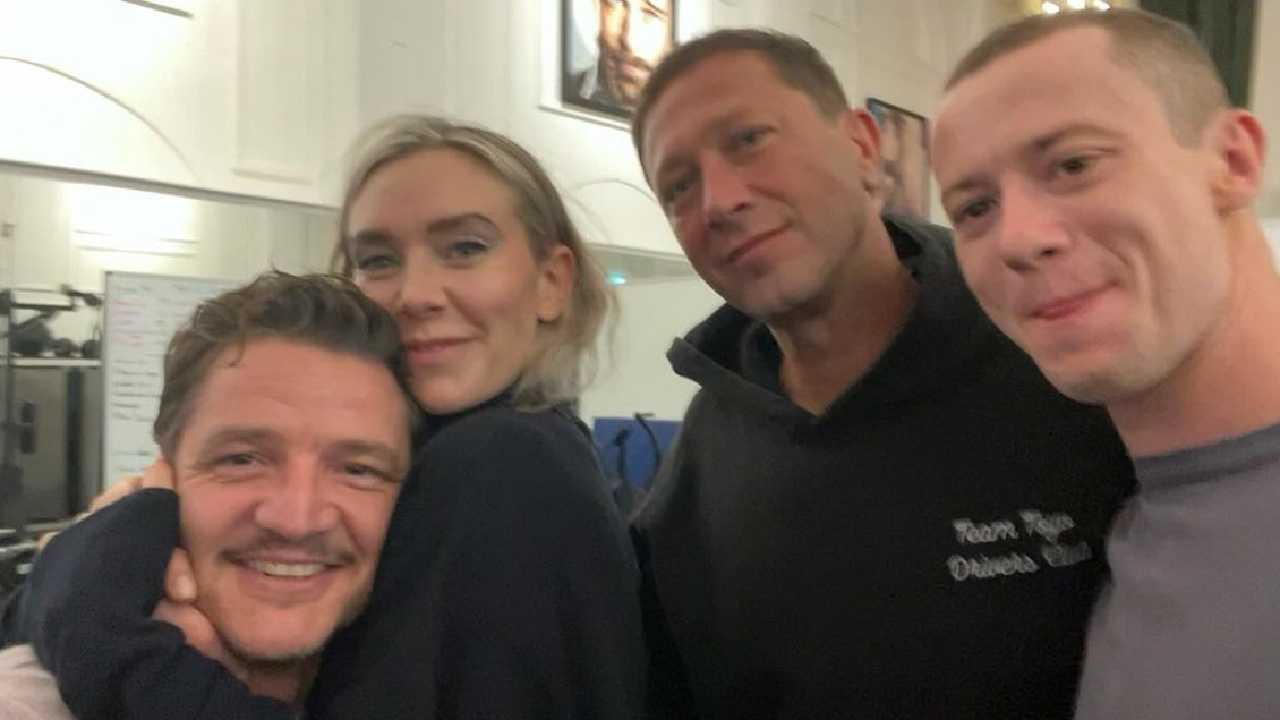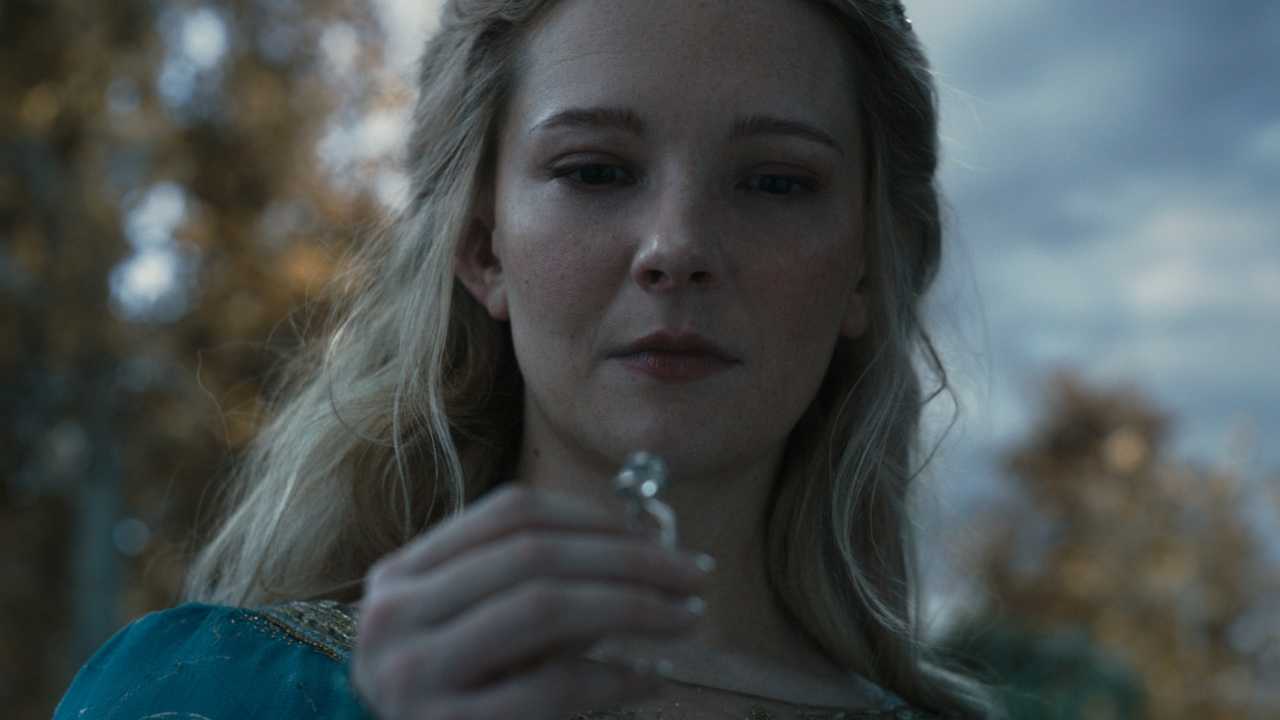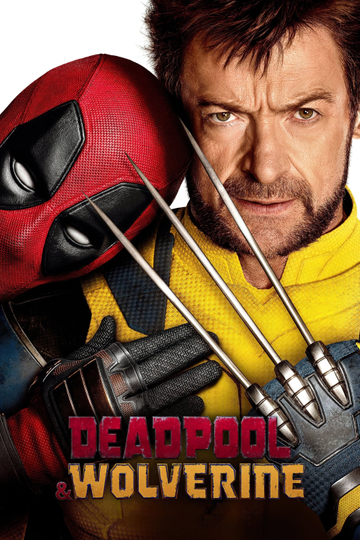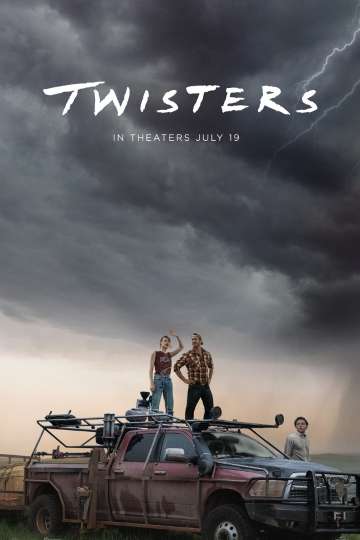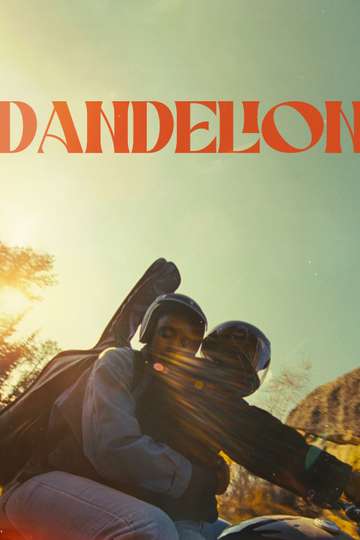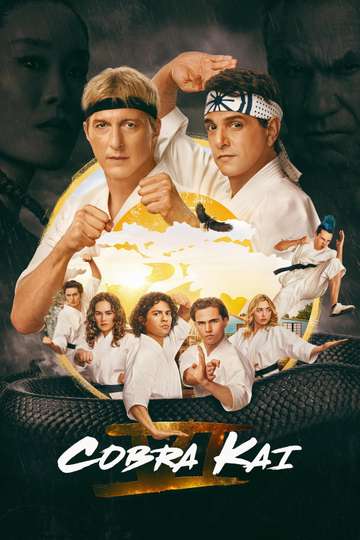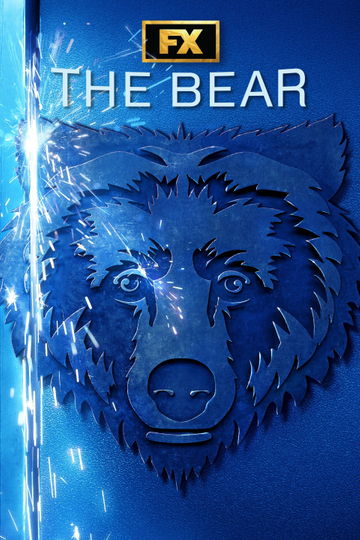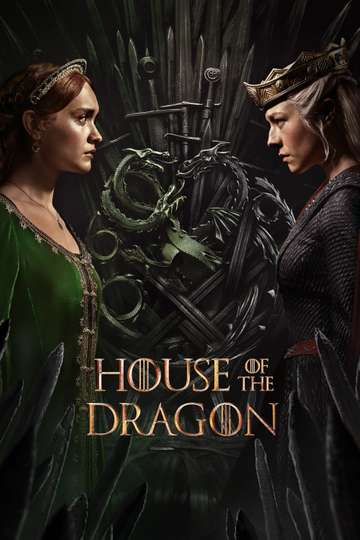Did Spielberg Direct 'Poltergeist'? A Look Inside Its Biggest Controversy
There are a number of odd occurrences associated with the production of "Poltergeist," including claims that the production was cursed (due to both the supernatural nature of the storyline and the fact that several cast and crew members died tragically, including Dominique Dunne who was murdered by an ex-boyfriend the same year the movie was released). But the weirdest (and most enduring) bit of "Poltergeist" lore has to do with who actually directed the movie. It seems like something that would be pretty straightforward. It was not.
"Poltergeist" was born out of the failure to produce a sequel to Steven Spielberg's beloved "Close Encounters of the Third Kind." An idea was floated to do a story of a family, terrorized in a farmhouse by malevolent aliens. Only one of the aliens was sweet. In a weird twist, the story of the sweet alien became "E.T." The story of the menacing aliens became "Poltergeist." (The movies were filmed 20 minutes away from one another in the same neighborhood and ended up being released in the same summer, which Time and Newsweek dubbed The Spielberg Summer.) Spielberg was under contract with Universal to deliver "E.T." and was prohibited from directing another movie for a competing studio, so Spielberg hired Tobe Hooper, having been dazzled (like the rest of us) by his breakthrough horror classic "The Texas Chainsaw Massacre." Hooper was influenced by a book he had found in Robert Wise's old office containing the research he had done for his film "The Haunting," a movie that Spielberg also loved (Spielberg would later remake that film for his fledging DreamWorks studio and it was terrible).
Spielberg stayed on "Poltergeist" to co-produce and co-write (the original title was "It's Night Time") and, according to producer Frank Marshall, supervise much of the production, telling the Los Angeles Times that he was the "creative force" behind the movie.
Seems fairly straightforward, right? Spielberg produced and Hooper directed (probably, if reports are to believed, with a Dr. Pepper in one hand and a cigar in the other; he was a good ole Texas boy, through and through), just like the credits state.Where thinks get tricky is sorting out who, exactly, directed the movie, based on what actually occurred on set (keep in mind on the Moviefone page for the film, both are listed as directors). Several of the actors, including the diminutive Zelda Rubinstein, who played psychic medium Tangina Barrons, have said they were exclusively directed by Spielberg (and she made this claim as late as 2007). Composer Jerry Goldsmith also claims to have only worked with Spielberg.
The Director's Guild opened an investigation, not in terms of who actually directed the movie but whether or not Spielberg's claims to the press were denigrating Hooper's involvement (fueled by a Los Angeles Times story where Spielberg said that he would be on set to answer questions and collaborate with Hooper, although the tone of the interviews at the time did make it seem like Spielberg was directing and Hooper was along for the ride). Hooper claimed that he absolutely directed the film and, unlike reports by Marshall, designed fully half of the storyboards. A vacation with George Lucas to Hawaii accounted for the three days he was absent from set, according to Marshall. (Lucas and Spielberg famously went on these vacations; during one such getaway the idea for Indiana Jones was born.)
It's clear that Spielberg had a huge hand in "Poltergeist," quite literally -- it's his hands that tear away the flesh from the skull in the sequence where the paranormal researcher has a very disturbing nightmare. And it was clear that MGM was happy to leverage Spielberg's name when it came to advertising the film. On virtually every piece of marketing, Spielberg's name is larger and more prominently placed, even though Hooper had arguably the most buzzed-about horror film of the last decade ("Steven Spielberg has been called the American screen's master storyteller," one release begins, Hooper is mentioned in the second paragraph). Archival behind-the-scenes promotional footage from the film's production almost exclusively features Spielberg, setting up shots, talking about his inspiration for the movie, supervising visual effects. Nearly halfway through the behind-the-scenes footage, they finally introduce Hooper, who is shuffling around in the background. He's never directly interviewed; Spielberg is throughout.
The question of authorship got so bad that on the week of the film's release, Spielberg ran a full-page open letter to Hooper. (Why he couldn't have, you know, picked up the phone, remains a mystery.) "Regrettably, some of the press has misunderstood the rather unique, creative relationship which you and I shared throughout the making of 'Poltergeist,'" the letter began. It continued: "I enjoyed your openness in allowing me ... a wide berth for creative involvement, just as I know you were happy with the freedom you had to direct 'Poltergeist' so wonderfully."
Spielberg then thanked Hooper for the fact that he "delivered the goods" and wished him well on his next project. (His next project, notably, was not for Spielberg but part of a three-picture deal for Cannon Films, a "70mm Hammer movie" called "Lifeforce" that featured outer space vampire bats and an almost cartoonish amount of full-frontal female nudity.)
Even with Spielberg's half-hearted admission that he didn't direct the movie, the question persists. It's both juicy and mysterious. Heck, there was even a 7-minute video uploaded to YouTube just last year titled "Did Spielberg Direct Poltergeist?" (Its conclusion: they both did.)I have always been fascinated by this story, by the various reports and conflicting information. So when I got the chance to sit down with Hooper at the SXSW Film Festival back in 2014 (Hooper was on-hand for a retrospective screening of "The Texas Chainsaw Massacre" because there's always a retrospective screening of "The Texas Chainsaw Massacre"), I had to ask him. If I didn't, I would have regretted it forever.
Hooper began: "I don't want to talk about it except that I directed the motion picture, and he wrote the screenplay and he produced. And we are good friends. I have shot, I think, four other things for him since then, and one was the pilot for this TV series 'Taken.' It was a feature-length film and it was in an area that showed that I was able to do dramatic things."
Hooper went on to tell me, specifically, where and how the rumor began, which was something I had never heard before and is rarely cited when talking about the controversy.
"I could tell you what started that bit of business: I was shooting Robbie in the tree in the backyard, and we were on location. And I needed second unit to shoot the guy on the bicycle with the beer and the electric cars. So I asked Spielberg to shoot it," Hooper explained. "And the L.A. Times was there at the time, and they printed a story and out of that sprang this [rumor]. It exploded out of that and became this thing."
"This thing" is something we're still talking about, 35 years later. And it remains as confounding as ever, even after Hooper literally clarified it.
"Poltergeist" feels like a Spielberg movie, but it undeniably has the edge and gallows humor more closely associated with Hooper. In fact, growing up and watching the movie repeatedly it never dawned on me to question who was behind the film, since it so perfectly feels like a synthesis of the two filmmakers' sensibilities. At this point, it doesn't really matter who directed it; it's an all-time masterpiece and the behind-the-scenes bickering doesn't lessen that one iota.
